Ten questions for virologist about vaccination against COVID-19
“Only vaccination will save mankind from COVID-10”
“One vaccine — Sputnik V — is pushed as much as possible, while the CoviVac isn’t promoted at all. Also, there is a third Russian vaccine, EpiVacCorona, which, according to our data, hardly works. But it is insistently recommended for everybody for some reason,” one of the most renowned American virologists of Russian origin, Director of the Global Virus Network, Adviser to the World Health Organization, grandson of Kazan Imperial University’s rector Konstantin Chumakov wonders in an interview with Realnoe Vremya. He answers 10 key questions about vaccination and coronavirus for our readers.
- Why should a person receive a vaccine against coronavirus because vaccinated people also get infected? Will the vaccine protect from mutations of the virus?
During the recent call-in show, the Russian president urged the population to trust the data of the country’s Vice Premier Tatiana Golikova that only 2,5% of patients contract coronavirus after a vaccine. Before this, he had said that nearly 10% of people who were vaccinated against the coronavirus infection also fall ill consequently, but mildly and without consequences.
The fact that 10% of people fall ill means that 90% don’t. This implies the vaccine’s efficacy is 90%. This is already enough. The numbers voiced by Putin comply with the data published on the Sputnik V. And there is no foundation to distrust him. Only 5% of vaccinated people fall ill after receiving some vaccines. It is mRNA vaccines, Moderna and Pfizer.
Most importantly, even those who have coronavirus after a vaccine don’t have a severe case, such people don’t end up in hospital. So a vaccine considerably reduces your probability of infection. But if you got infected anyway, you have a lower probability of being ill. If you were ill, you have a lower chance of going to hospital. But if you anyway went into hospital, you have lower chances of dying.
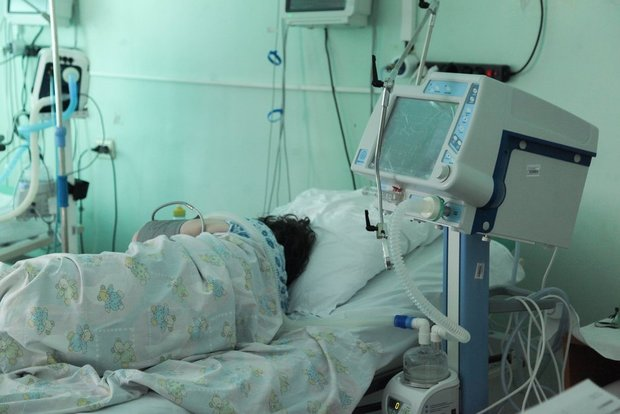
Different vaccines reduce this possibility differently. Without doubt, if a person isn’t vaccinated, he or she has only one way, which is to get ill. Moreover, with a serious chance of dying. I don’t question if we should be vaccinated, we should of course. - Should those who already had the disease be vaccinated? Should we pay attention to the level of antibodies?
They should, of course. And there are two reasons for this. Firstly, the immunity caused by the disease may not be long-term. Secondly, if it reduces, the vulnerability to new variants goes up. This why it is never harmful to boost your immunity through vaccination. If you had the old strain last year, while a different one is already circulating now, your immunity may not be enough. But if you are administered a vaccine, you will be protected.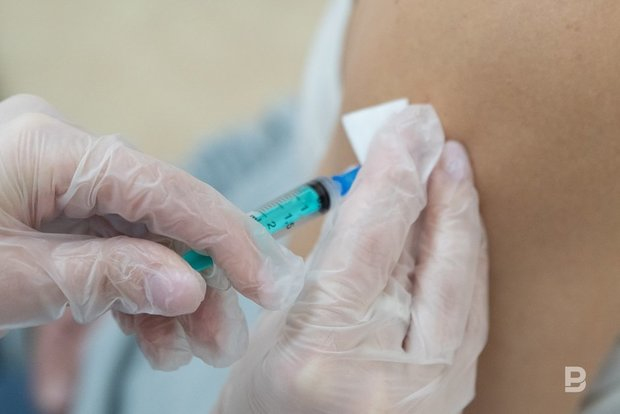
- The Russian Ministry of Health recommends vaccinating again in six months amid the rise of infections. Which medicine should we use? Should the Sputnik be mixed with the Sputnik?
Such decisions should be taken from scientific data. It is necessary to do trials, to vaccinate people who were inoculated with the Sputnik half a year ago with another dose and look at what’s happening to immunity, how the level of antibodies is changing. If it indeed turns out that the third vaccine provides a significant hike in antibodies, there is no doubt, this should be done without delay. Given the production capacities in Russia, there won’t be enough vaccines for everybody even by the end of the year, I am talking about two doses, not to mention three. But the problem is that it seems that in Moscow those who wanted to receive a vaccine have already done that. The third wave sobered people a bit. If some used to deny everything, now they maybe have changed their mind and rushed to receive a vaccine. So there is probably something positive in the third wave — people will wake up and won’t behave insensibly.
Theoretically, if a person who was inoculated with the Sputnik is revaccinated with it, a very low percentage of people might develop an allergic reaction. If a person is given the same vaccine again, he can gradually develop allergic reactions to some components of the medicine. It is a rare occurrence, but a third dose may be necessary.
Given the size of the whole country, there will be a notable number of rare side effects in general. It will be necessary to evaluate if the benefit of the vaccine outweighs the potential risk. If I received the Sputnik for the first time, I would be revaccinated with the CoviVac if I had choice. But it is easy to check if such a combination of vaccines works in an experiment. For a small clinical trial, it is enough to have 200 people, revaccinate them and see in three weeks what’s happening to antibodies and make decisions based on knowledge, not theory.
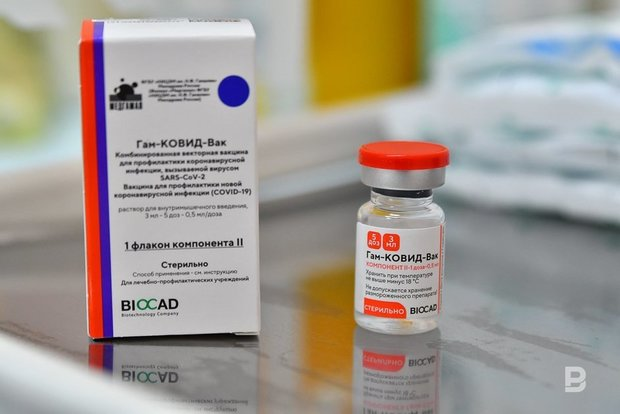
But if a person was vaccinated with the Sputnik twice and everything was fine, I don’t see the reasons to fear before revaccination with the same Sputnik. But if a reaction after the first dose was bad, and even worse after the second one, I would think twice. Here everything is personal. There is no single answer. - Can anti-vaxxers be reassured?
There are two types of anti-vaxxers. Some are principled, it is their philosophic stance. They in general don’t trust anything, they are illiterate and believe any trifles. They are almost impossible to persuade. Such a position is like a religion for them. Even if they are provided with a lot of arguments, they will anyway trust a global conspiracy theory, aliens and whatever.
The other group that refuses to receive a vaccine has a more rational opinion. They say: “We know nothing about this vaccine, trials were not conducted, we don’t trust the data that was published because they always lie.” It is people who in general distrust either the government or scientists. These people can be reassured — they need to be provided data to see everything first-hand. - Why is it difficult to get the CoviVac?
Some refuse to receive the Sputnik V because they want the CoviVac but cannot find it. I hear many to say this.
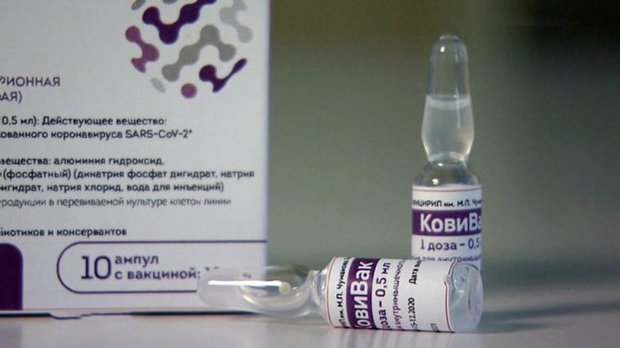
Moscow almost doesn’t have the CoviVac. As far as I am concerned, this vaccine is mainly sent to regions, while it is very hard to find it in the capital. I receive calls from people who think I can help them somehow to get this vaccine, though I cannot do this, of course. The problem of the CoviVac is that a very small number of this vaccine is now made, unfortunately, only at the Chumakov Centre. These production capacities are obviously not enough.
Governmental support such as resources to expand the production could be a solution if this vaccine is really so popular. It is hard for me to say why this doesn’t happen. One vaccine is pushed as much as possible, while the other isn’t promoted at all. Also, there is a third Russian vaccine, EpiVacCorona, which, according to our data, hardly works. But it is insistently recommended for everybody for some reason. - Can vaccines, particular the Russian ones, resist new variants, including the Indian variant?
Apparently, the EpiVacCorona is unable to resist any variants. This is why if you are vaccinated with this vaccine, you can think you aren’t vaccinated at all.
As for the Sputnik, it is necessary to do research, which is not so complicated in fact. Such research was done on the AstraZeneca and Pfizer. The AstraZeneca turned out to work with the new variants less effectively compared to the old one. This is fair to Pfizer too, but to a lesser degree. So the Pfizer can protect from the Indian Delta variant quite well.
I haven’t seen such data about the Sputnik. But in its case, we can go by what’s happening to the AstraZeneca. I don’t see reasons why these two very similar vaccines should behave differently.
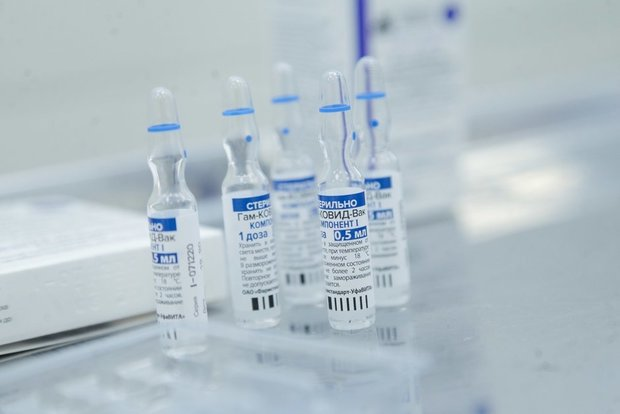
I probably understand why the Pfizer behaves better in this situation and can explain. The Pfizer vaccine in general causes better immunity, which is enough for both its own variant and the other. As for the AstraZeneca, this vaccine provides good immunity to its variant. And when we are talking about a bit altered variant, its action is not always enough. Judging by trials, the efficacy of the Sputnik and AstraZeneca are, give or take, comparable. I think the Sputnik vaccine will behave similarly regarding the Indian variant, and this needs to be checked.
I haven’t yet seen data on the CoviVac. This needs to be examined. - The Ministry of Health reconsidered approaches to vaccination against COVID-19 for children and pregnant women. Firstly, their vaccination was prohibited, while now the issue is viewed differently. What do you think?
I think that they must be vaccinated. The vaccines with a lot of available information didn’t have restrictions on pregnant women first, for instance, the Moderna and Pfizer. Another thing is that the youngest age bracket was 16-18 years. It is a standard situation. They are used for young healthy adults from 20 to 45-50 years when launching new medicines. And children and the elderly are separate categories that are vaccinated when certain experience is gained.
In America, these vaccines have already been permitted for children above 12 and it is said that they can soon be permitted for kids over two years.
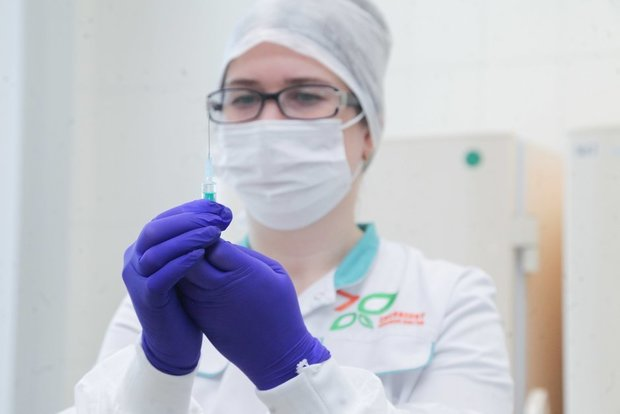
Perhaps Russia also had a look and made sure that nothing terrible wasn’t happening, vaccination against coronavirus can be applied to children too. On the one hand, it is not very important to vaccinate children, they don’t fall ill seriously. Yes, there are serious cases, but very rarely. On the other hand, they contract the virus easier than adults and spread it very effectively. This is why it would be sensible to vaccinate children. They become a source of the virus — children usually spend time in big groups, closely communicate with each other. The virus is spreading very effectively. It would be good to make them less contagious. - Which vaccine should they be administered? The Sputnik Light?
I think the ordinary Sputnik will be fine. I don’t really understand this Light. One dose... Amid the deficit of the vaccine, this is better than nothing, of course. But one dose doesn’t have the necessary effect. And the real, firm immunity appears after 2-3 doses. I am sceptical about single-dose vaccination.
As for pregnant women, it is one of the most vulnerable categories that need to be protected as much as possible. I hope the authors of the Sputnik did trials that showed that the vaccine didn’t pose a threat to pregnant women. They know the reactions and risks of these vaccines better. If pregnant women are excluded from vaccination, they are at risk of infection. And here it is necessary to simply answer the question if a low risk of complications or a high risk of infection is better. - Does the COVID-19 mortality rate increase with the coming of new variants?
I think that the coronavirus death rate depends not as much on the Indian strain as the state of the health care system. Data varies from country to country. The death rate from COVID-19 in the USA is now at 1-2%. Around 50 times fewer people die that fall ill a day.
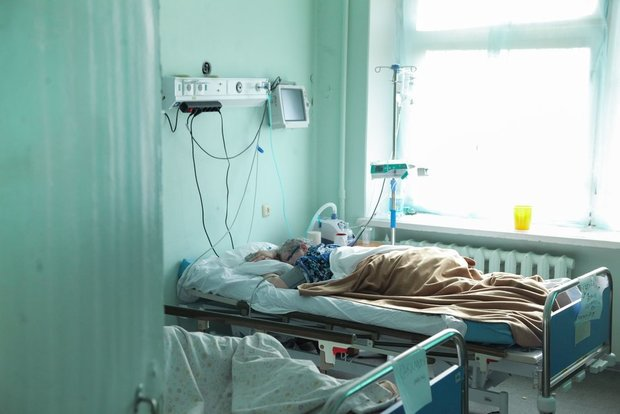
Some countries with a bigger number are falling short of beds, oxygen, qualified medical staff, medicines and so on. Now the medicines that effectively help at the early stages of the disease, but they are very expensive — monoclonal antibodies. If they are given on the first days after infection, they work miracles. If such advanced medicines are used in a country, the mortality will be lower. - Scientists forecasted that coronavirus will weaken, kill less to transmit and spread better. The tendency is different for some reason. Will vaccination save us?
I am not sure that the course of the disease has become severer now. As I said, the severity of the disease is determined not as much by the virus as the health care system and the treatment. In the USA, I don’t see an obvious tendency for a higher death rate.
This virus evolved because it needed to adapt to infect humans. It hasn’t yet completed the transition from the bat to humans, it is still adapting. The first stage still goes on — it is learning how to interact with our cells, picking the keys to our receptor. And our immune system will recognise this key. Changing the key, it changes its antigen features too, this is why old antibodies don’t recognise it well. Now the virus is changing and under strong selective pressure.
Also, when quite a big part of the population has been immunised in many countries, other pressure is added: the virus needs to cope with the human population’s immunity to proliferate. It can start changing this key because of the interaction with antibodies, in this case, it won’t impede it from binding with the receptor of, course. So a double game is taking place here. Sooner or later, these two tendencies will be replaced with lower pathogenicity. When the virus runs out of these two possibilities, it will have to reproduce without causing serious disease. For the virus, every killed patient is a deadlock.
By this time, most people will have had immunity, and the pandemic will be over. But it is hard to say when this will happen. Obviously, now we haven’t reached this moment, and the virus is changing now improving its ability to penetrate the cells and infect people. I cannot promise anybody that this will happen next year. But in the long term, all the viruses that switched to humans gradually turns into annoying petty annoyances.
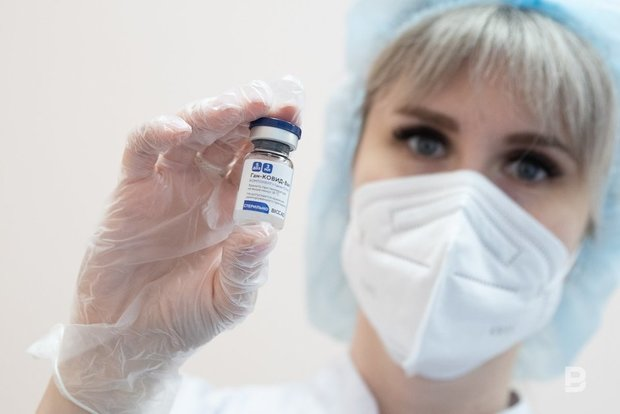
Of course, I hope vaccination will save mankind if we manage to persuade people to get vaccinated. This is in general the only thing that will save. In the long term, we will either all have the disease or receive a vaccine. There is no third option. Otherwise, this will last for a very long time and carry losses.
Reference
Konstantin Chumakov is a son of a couple of virologists, a federal centre for the development of immune and biological medicines was named his father M. Chumakov in Moscow. The Chumakov Centre developed Russia's third authorised vaccine against COVID-19, which is CoviVac.